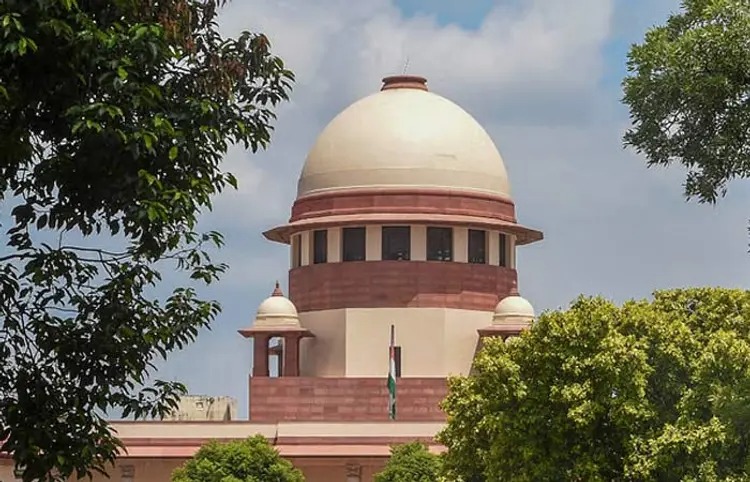New Delhi: The Supreme Court has given an important decision regarding the cases of abetment to suicide. The Supreme Court said that Section 306 of IPC cannot be registered in the complaint merely because the family of the deceased is emotionally broken. The police need to be more cautious while using this section that prohibits the crime of abetment of suicide. The Supreme Court made this comment while dismissing a complaint against an accused in a Madhya Pradesh case of abetment to suicide.
The Supreme Court said that if the police work cautiously then such a situation will not arise that an innocent person will have to be prosecuted. Supreme Court Justice Abhay S. Oka and Justice K. V Vishwanathan’s bench said that the investigating agencies should be careful not to harm any innocent person. The Supreme Court said that Section 306 of the IPC, now known as Section 108 of the BNS, cannot be invoked to appease the sentiments of the family of the deceased. Proper and adequate investigation should be done before implementing this section. There are strict criteria to prove cases of abetment of suicide. In which many types of evidence are required. The Supreme Court had also directed the investigating agencies to conduct adequate investigation before implementing this section.
Section 306 (now BNS 108) of the Indian Penal Code applies to abetment of suicide. There is a provision of punishment of up to 10 years for this crime. Recently, the wife of Bengaluru-based AI engineer Atul Subhash was accused of abetting suicide. The Supreme Court said that in this case also it is not enough to say that he was instigated to commit suicide, but evidence will also have to be provided. Now the Supreme Court has challenged this in another case related to suicide. Madhya Pradesh High Court rejected the appeal of petitioner Mahendra Awase, in which Mahendra had demanded to cancel the complaint registered against him under Section 306 of the IPC. After which Mahendra challenged the decision of the High Court in the Supreme Court.
In the Supreme Court, Mahendra used the suicide note of the deceased as evidence, in which he claimed that before his death, he had taken money from Mahendra and if he did not return it, Mahendra was harassing him. The Supreme Court also said that it is clear from the suicide note that the accused was demanding return of the loan amount from the victim. Therefore, it cannot be said that the accused has instigated the victim to commit suicide just to demand return of the loan money. The complaint in this matter has also been filed after two months. The Supreme Court finally ordered the quashing of the complaint against the accused under section 306 of the IPC.
